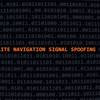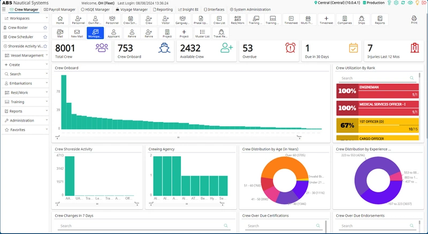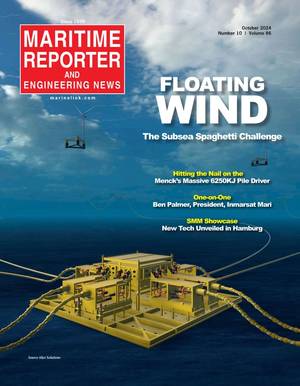IBIA Welcomes Early IMO Fuel Availability Study
The International Bunker Industry Association (IBIA) supports the UK government’s call for the International Maritime Organization (IMO) to bring forward its review of the availability of 0.50% sulphur fuel. As more and more locations declare ECA requirements, the latest being Hong Kong this week, the greater the demand for low sulphur fuel.
The shipping industry needs some definitive dates to plan implementations on board; the same information is required for the refining industry and the bunker sector.
Uncertainty around dates is likely to delay crucial investment decisions and IBIA believes that the shipping and oil industries need clarity. The IMO regulation (Marpol Annexe VI) stipulates a 1 January 2020 start to the 0.50% rule but this could be extended to 2025, subject to the outcome of the availability study.
IBIA chief executive Peter Hall said: “Our members need clarity and the sooner that the availability study is undertaken, the better.”
The IBIA membership is being asked to indicate how strongly they support under taking the availability study earlier.
IMO currently requires the review of the availability of 0.50% sulphur fuel to have been completed by 2018. The start date of the review has been considered by an IMO correspondence group. The correspondence group reported to the 62nd session of the IMO’s Marine Environment Protection Committee in 2011 that the start date should be between 2015 and 2017 for the review. The correspondence group’s report did not favour a start date before 2015. The committee has yet to take a decision on the appropriate date for the start of the review.
The IMO has designated three Emission Control Areas (ECAs) which are currently in effect: the Baltic Sea (sulphur oxides only); the North Sea ECA (sulphur oxides only), which includes the English Channel; and the North American ECA (sulphur oxides, nitrogen oxides and particulate matter). IMO has also designated the United States Caribbean Sea ECA (sulphur oxides, nitrogen oxides and particulate matter), which will take effect on 1 January 2014.














